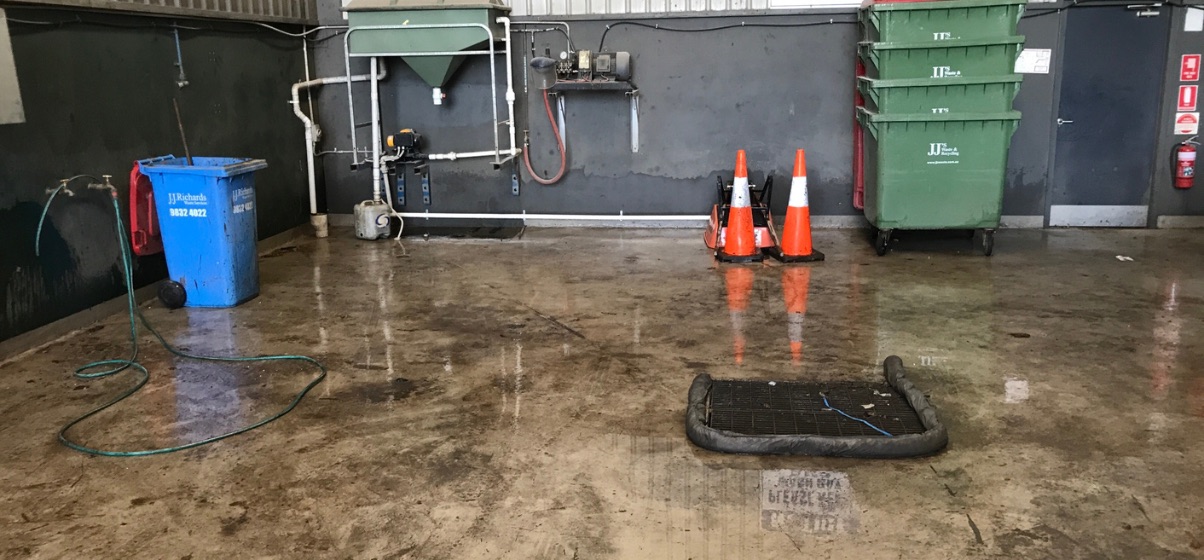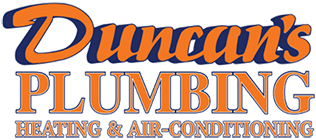
Trade Waste & Oil Water Separator Installation With Duncan’s Plumbing Canberra
Welcome to Duncan’s Plumbing Heating and Air Conditioning, your trusted partner in the proper handling and treatment of wastewater through state of the art oil water separator solutions. Operating throughout Canberra, we bring extensive expertise to the installation, maintenance, and compliance assurance of oil water separators.
Understanding Oil Water Separators
An oil water separator is an essential device designed to treat wastewater by removing oils, grease, and hydrocarbons, ensuring only non-hazardous water is discharged. These separators are vital for various commercial and industrial applications, handling contaminants like free-floating oil, emulsified oil, dissolved oil, and suspended solids.
Oil Water Separator Maintenance and Installation
At Duncan’s Plumbing Heating and Air Conditioning, we emphasise the importance of regular maintenance and proper installation of oil water separators. These devices play a crucial role in ensuring compliance with environmental regulations and preventing clogs in drainage systems.
How Oil Water Separators Work
Gravity is often the key principle behind oil water separators. The separators allow oil to float to the top while heavier sludge settles at the bottom, enabling their removal before disposal. Coalescing oil water separators enhance this process by utilising oleophilic media, attracting and containing oils to promote effective separation.
Why You Need an Oil Water Separator
Businesses involved in activities that result in contaminated water, such as restaurants, car washes, mechanics, and marine settings with bilge pumps, must utilise oil water separators. These devices are indispensable in preventing environmental hazards, protecting plants, animals, and humans from harm, and avoiding damage to pipes.
Regular Maintenance for Optimal Performance:
Duncan’s Plumbing Heating and Air Conditioning recommend to regularly service, to ensure better performance and prolonged lifespan. Our team manages the disposal of accumulated liquid waste and assists with installation, providing a comprehensive solution for your needs with our qualified liquid waste removal contractor.
Differentiating Between Grease Interceptor and Oil Water Separator
While a grease interceptor focuses on removing fatty solids in commercial kitchens, oil water separators handle a broader range of contaminants in various industries. Grease interceptors are simpler in design, slowing down water flow to allow solids to settle for disposal.

Guidelines and Regulations for Oil and Water
Australian regulations set limits on the permissible amount of oil in wastewater streams to protect the environment. Local water authorities issue trade waste permits with specified limits, and compliance ensures minimal impact on ecosystems.
Choosing the Right Oil Water Separator
Two main types, hydrocyclone and coalescing, operate on different principles. Hydrocyclones use centrifugal force, achieving high efficiency, while coalescing plate separators slow down wastewater flow, allowing oil to rise and collect in a chamber.
Sizing an Oil Water Separator
Proper sizing is crucial, with coalescing separators requiring a chamber approximately ten times the wastewater flow rate for optimal retention time.
Building an Oil Water Separator
A typical installation includes an underground collection pit, a float system, a skid-mounted unit, a waste oil collection drum, and a discharge to the Icon Water sewer network.
Cost Considerations
Oil water separator solutions vary in price, influenced by capacity, chosen technology, oil content, and discharge specifications. Capital investment in these separators is a preventive measure, avoiding fines for non-compliance and potential business shutdowns.
Oil Water Separator Problems and Solutions
Issues may arise if there’s a mismatch between design and operating conditions, high wastewater flow rates, or the use of incorrect detergents. Routine maintenance is vital to prevent problems such as overflow and high oil content discharge.
Servicing and Maintenance
Local water authorities often mandate regular servicing and maintenance. Tasks include inspecting silt traps, cleaning oil collection containers, removing and cleaning media packs, and checking the water flow and oil build-up.
Frequency of Cleaning
Weekly checks and cleaning are recommended for oil collection containers, with the entire separator requiring thorough cleaning every three to six months, depending on usage.
Benefits of Oil Water Separators:
These separators enable compliance with regulations, protecting the environment from potential harm. They prevent fines for excessive oil content in trade waste and contribute to the responsible discharge of wastewater.
Contact Duncan’s Plumbing Heating and Air Conditioning Today
For expert advice and reliable oil water separator solutions, contact Duncan’s Plumbing. Whether you need installation, maintenance, or repairs, we offer hydrocyclone and coalescing plate options for businesses of all sizes. Trust us to keep your operations running smoothly while upholding environmental standards. Call us now for a consultation and ensure your business remains environmentally responsible and compliant.
